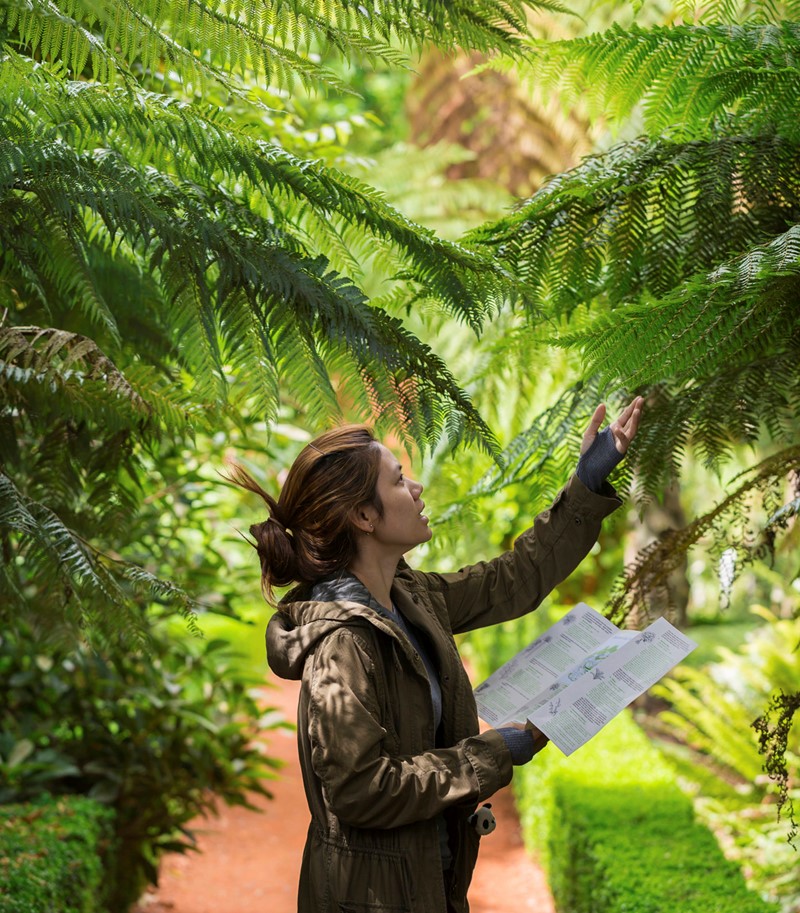
Research Careers
Science Europe is dedicated to improving the career systems in Europe in order to attract the best and most creative minds to a research career and to provide them with a nurturing environment that helps them to develop their capabilities.
Why are research careers important?
Science Europe Member Organisations, as funders and employers of a significant number of researchers in Europe, see it as their responsibility to lead by example and to work towards appropriate strategies to ensure the attractiveness of research careers, including by the provision of appropriate support instruments. The creation of optimal career conditions requires ensuring that the highest standards in all human resources-related issues are applied wherever researchers are professionally active. These include recruitment processes, career progression at all levels, and equality of opportunity regardless of gender, ethnicity, or other differences.
In addition, research careers are increasingly diverse and do not necessarily follow traditional paths. Consequently these changes require specific consideration and tailored actions.
What is Science Europe doing to support and implement change in this area?
Science Europe works to address many common issues in the field which includes gathering and analysing information on policies and tools that support research careers, identifying potential ways to improve career structuring instruments and schemes, and supporting all types of mobility including geographic mobility and mobility across different disciplines or sectors.

